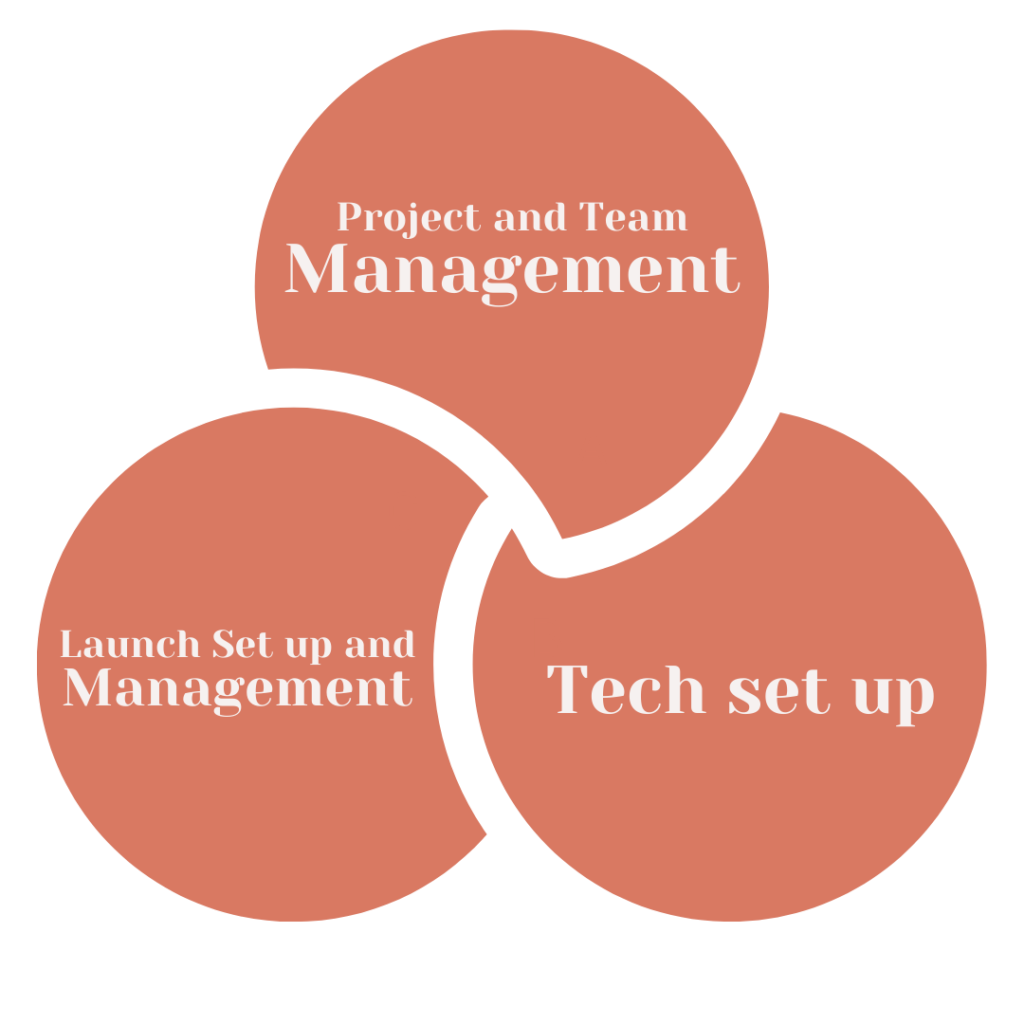Build a Great Website that Works

It seems like everyone and their mother (and grandmother!) has a website these days. That’s why it’s important to be able to build a quality website to help promote your business and sell your products. Here are ten quick tips to help even a novice build a quality site.
- Know your audience. If you watch the latest hot cartoon and then watch reruns of shows from the 60s, you’re probably going to see not only commercials for different products, but they’re going to be totally different styles. In the same way, a website whose audience is older shouldn’t have things that will appeal to teens or a younger generation. Knowing your audience is the first step to meeting their needs.
- Keep it simple. Simple websites are not only easier to navigate, they also load faster so your customers don’t get frustrated waiting to find what they’re looking for.
- Ask for feedback. Always have a way for your users to send you feedback. This will help you make changes your customers want to keep them coming back, and even recommend you to their friends. You can put feedback boxes or questions on different pages, or you can add a message board with a feedback section.
- Don’t branch out too much. It’s best to focus your website on one area or product. If you offer several different products or types of products, you need to have several websites to promote them so visitors aren’t bombarded with things they don’t want.
- Be consistent. Make each page the same format, font, color, etc to keep visitors from getting confused at where to find what they’re looking for.
- Be readable. Not only do you need a font that’s readable and colors that don’t hurt the eyes, but it’s also extremely beneficial to have correct spelling and grammar. Customers aren’t likely to stick around if they think you’re lazy or don’t know what you’re talking about.
- Add RSS feed. Many people keep themselves updated by using RSS feeds instead of checking websites constantly. By adding a RSS feed, you can not only catch these users, you can also tailor feeds specifically for their interests.
- Keep it current. Besides the danger of having out-of-date information, pages that are updated more often get visited more often, and give you a better chance of keeping more customers.
- Make things easy to find. Everyone wants things fast, and adding a search box or an easy site map will help them find what they’re looking for quickly and easily.
- Have fun. Ultimately, if you do everything right, but your site is just like every other well-made site, you still may not be able to make money off it. Your site needs to have something unique that reflects who you are and what you can provide.
Do you need all these but you don’t have the time to do it yourself? VISIT THIS SITE HERE!




































